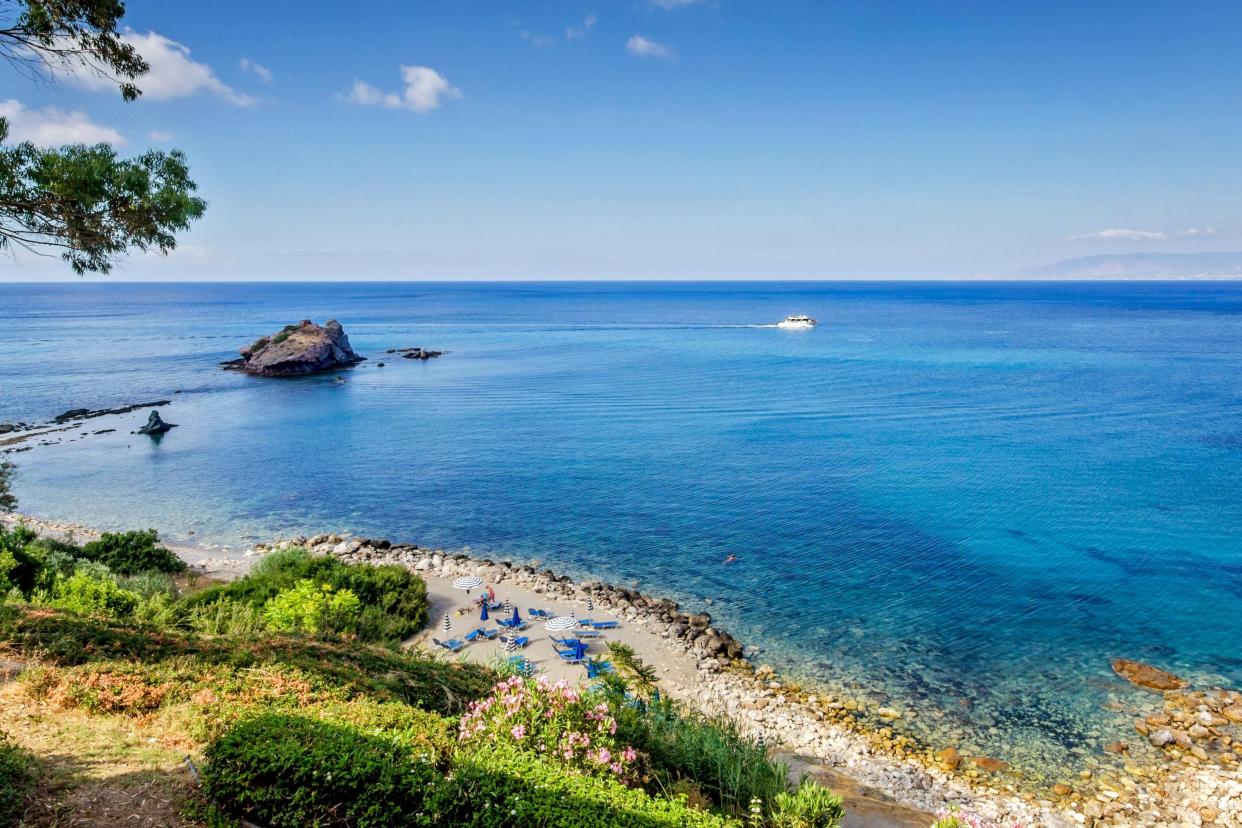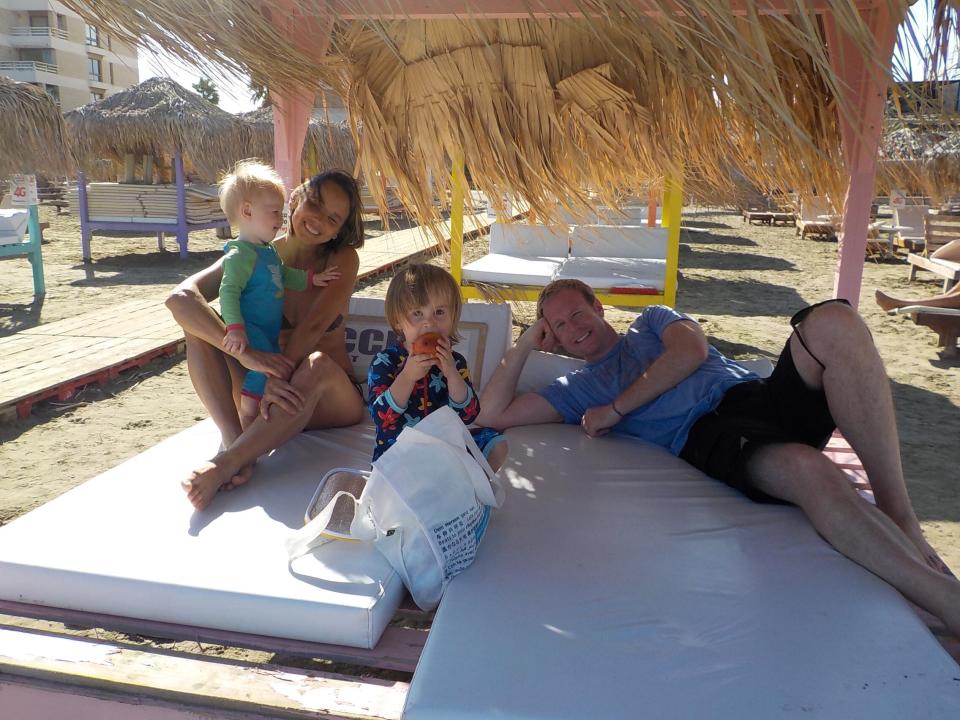Why my half-term trip to Cyprus will be worth paying £300 for tests

It is a world of diminishing holiday options. Most destinations on the UK government’s travel corridor list are too far and too expensive for a week over half term, especially given the risk of a sudden return to avoid quarantine, if the government strikes the chosen country off its list. Not to mention that many said destinations don’t want UK travellers because our number of cases is too high.
I just flew back from an assignment in Turkey – prematurely to avoid quarantine – after the country was removed from the exempt list. For many, the UK’s u-turn on Turkey was a surprise. Its numbers on the face of it are low, much lower than the UK’s. But the British government believed they were too low, amid controversy over the way Turkey had defined Covid cases.
It’s hard to forecast where next might lose travel corridor status, but one country that has so far kept theirs is Cyprus – and that’s where I hope to take the family for half-term, fingers crossed.
There are some hurdles though. Although there’s no quarantine for travellers returning to the UK from Cyprus, the Cypriot government understandably wants proof that UK arrivals on their island are Covid-free. Visitors must take a test 72 hours before flying; if negative, the laboratory provides a Covid-free certificate. Our three children, all under 12 years, are fortunately exempt from taking a test, but the cost of even two tests is £298.
If my partner and I score a Covid-free certificate, we’ll upload them to a Cypriot government website 24 hours before flying, along with contact details. We should then receive a “flight pass” allowing us to travel.
It’s certainly not the most straightforward way to start to a holiday but I believe it will be worth it. Blessed with one of the longest summers in Europe, Cyprus is served by direct flights and is less than five hours away. In late October, the sun usually shines and the Mediterranean sea is still warm.

I’m also looking forward to seeing my parents who live a short drive from Larnaca airport. We’ll be invading their two-bedroom apartment, from where we’ll head to the beach every day, swim, build sandcastles, eat ice-creams and pretend all is right with the world. In the evening we’ll stroll to terraced tavernas to eat mezes of olives, tahini and halloumi cheese, homemade mousaka and meatballs, sliced figs and pomegranates.
We might spend a day in the Troodos mountains with its sleepy villages, Byzantine churches and hiking trails, but otherwise we’ll stay put on the beach. I’ve already explored much of this Eastern Mediterranean island, from Ayia Napa’s white sands in the east, to Paphos in the west with its Ptolemaic tombs and UNESCO-listed Roman mosaics depicting stories from Greek mythology, such as the birth of Achilles and a gazing Narcissus.
Some of the island’s best hotels are in this region, such as the family-friendly Almyra just along from Paphos Castle. To the north on the Amakus peninsula is the grande dame, the Anassa, nestled among olive groves and pretty trellises of bougainvillea with a Roman-style spa with sea water pumped from the Mediterranean into the pool, and a kilometre-long beach with a fleet of power boats and Royal Yachting Association-approved sailing courses on offer.
But my favourite spot is on the south coast, between Paphos and Larnaca, where according to legend, Aphrodite, the Goddess of Love and Beauty, was born out of the surf. Just off the beach is the rocky outcrop, Petra tou Romiou, a place of pilgrimage for centuries. Still today tourists come, swimming around the islet as a guarantee to eternal love.
I’ll not be looking for something that unattainable. All I’m hoping for is a week with the family on the beach with no rushed returns to avoid quarantine.
How to do it
Travellers to Cyprus need a negative RT-PCR Covid test and travel certificate carried out within 72 hours of departure. My Healthcare Clinic (020 7099 5555; myhealthcareclinic.com) operates three sites in London with tests administered by a registered professional and processed by UKAS-approved and PHE-endorsed laboratories.
A negative result and certificate should be uploaded to the Cypriot Government website (cyprusflightpass.gov.cy) 24 hours before travelling to receive a flight pass.
For ideas on where to stay, see our guide to the best all-inclusive hotels in Cyprus.

